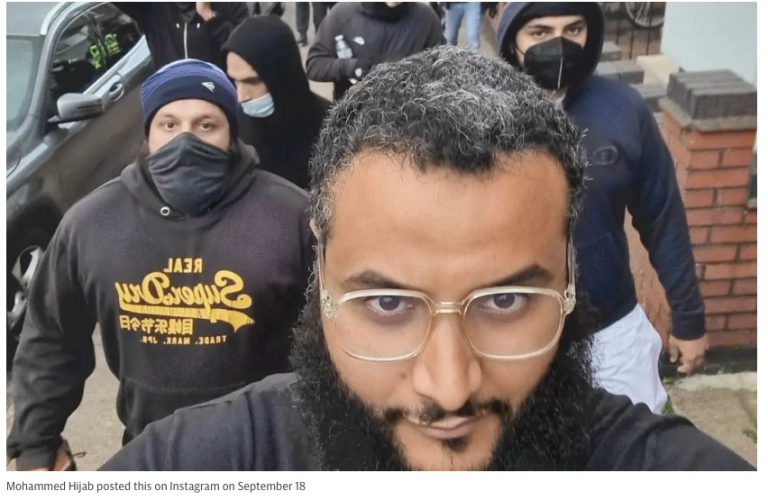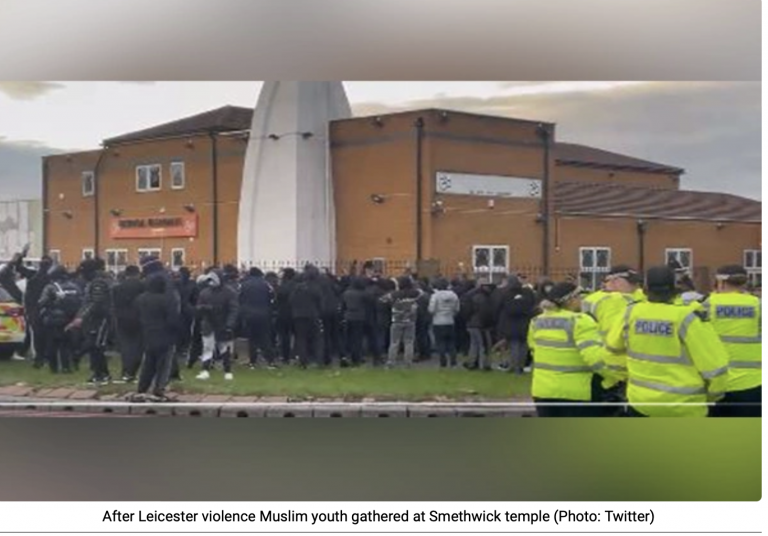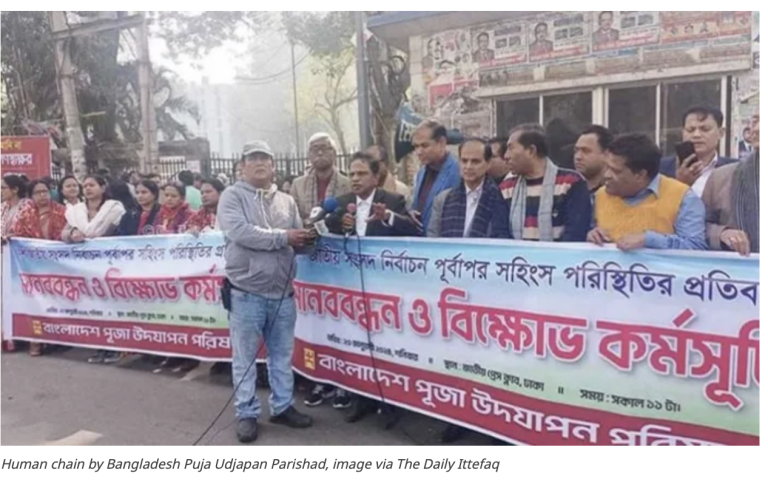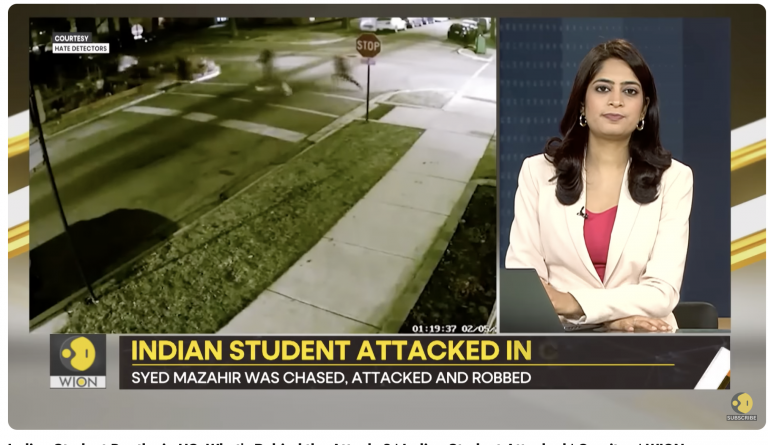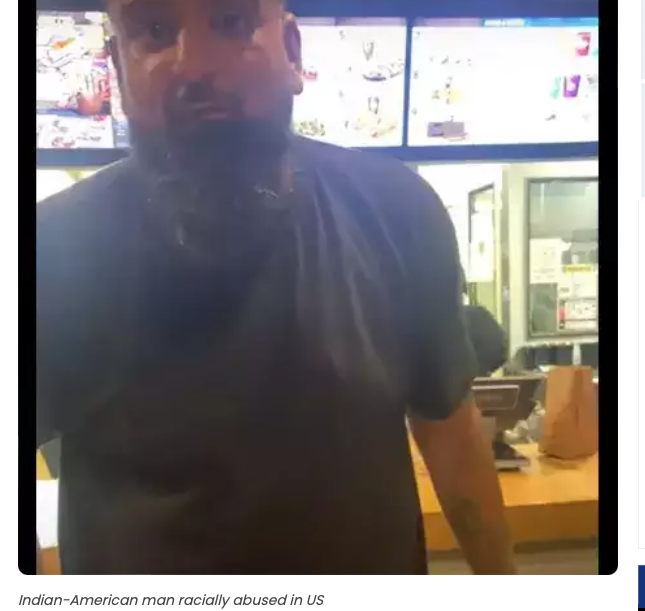Indian women in Britain given radioactive food without their consent?

Having grown up in Coventry’s tight-knit South Asian community, Akhter was shocked that she had never heard of the experiment. When she looked into it, she found an inquiry by the Coventry Health Authority in 1995 conducted soon after the documentary aired. The inquiry examined whether the experiment put the subjects’ health at risk and whether informed consent was obtained. But the only mention of the women’s perspectives was a single sentence: “At the public meeting, it was stated that two of the participants who had come forward had no recollection of giving informed consent.”
When Akhter read this sentence, she burst into tears. “I just thought of my own mother,” she said. “It was brave of these women to stand up and disagree. And their memories were just discounted.” Akhter decided to try to trace the women and their families. But she was anxious. It was now 2020; the Covid pandemic had hit, and ethnic minority communities were among the worst affected. Akhter contacted the local Labour MP, Taiwo Owatemi. “I was completely horrified,” Owatemi told me. “I was like: why am I just hearing about this? And how do we identify these women?” Owatemi agreed with Akhter that, with high rates of vaccine hesitancy among ethnic minorities, it was risky to draw attention to this historic injustice at that moment. So rather than putting out a public call for information, Akhter quietly asked around within her community for people who might know families that had been affected.


